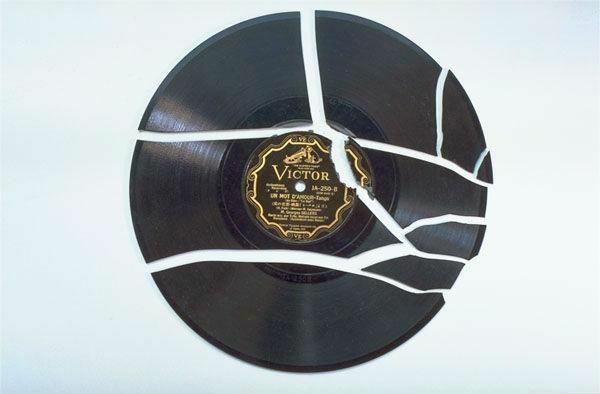
The inevitable march of digital progress moves forward! According to sales tracking research firm NPD Group, consumers are downloading their video games rather than buying them at a store with ever increasing frequency. According to one new survey from the firm, 1 in 3 players in the US now prefer to get their games straight from the Internet rather than buying them at GameStop or Walmart.
NPD (via MCV) surveyed 8,500 consumers for its Online Gaming 2012 report. When asked whether they would purchase a game as a digital download or the same game as a physical copy at a store, 35 percent said they would download the game and the remaining 65 percent said they would buy it at the store.
Retailers like Best Buy can take some comfort in the fact that the majority of respondents are still interested in buying games on DVD or Blu-ray discs, and that these buying habits appear static. Ipsos MediaCT conducted a similar survey in 2010 and found that 64% of respondents preferred physical media over downloads.
When will the scales finally tip in favor of digital over physical copies? That depends on how the next 2 years play out for the industry. Part of the strength of physical media is the purchasing power of minors. People under 18 years of age without credit cards tend to have to get their video games in a store.
Game publishers with huge all-ages audiences like Nintendo though are trying to bridge the gap between digital and retail sales models. New Super Mario Bros. 2 for example will be available day and date as a downloadable title and as a cartridge. To mollify retailers worried about losing sales directly to Nintendo though, Nintendo is selling cards at stores like GameStop that entitle buyers to a download of the game. They aren’t selling codes free of any physical object yet, unlike some companies—Microsoft, Sony, and others sell credits for their digital distribution channels right at the register at GameStop, no need to buy a card of any kind—but Nintendo’s strategy could tip the balance of consumers that prefer downloads over physical goods.
Then again, consumers may drift towards digital models without the influence of retailers at all. More tablet sales, more smartphone sales, and more cross-platform releases of games means that retailers role is diminishing exponentially with each passing day. The consumers of 2014 likely won’t be as similar to those of 2012 as today’s are to those of 2010.


